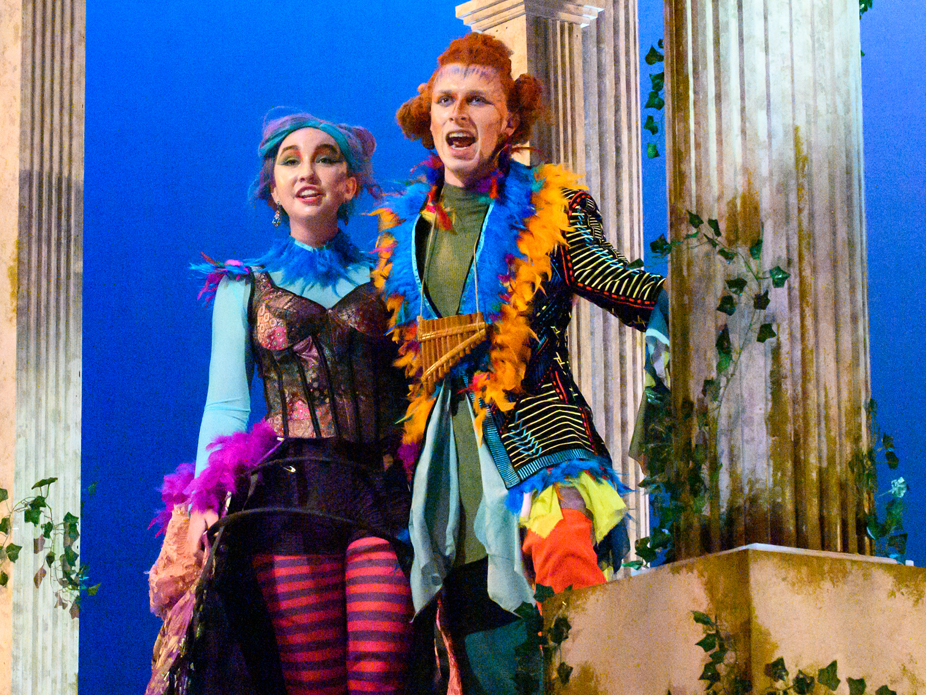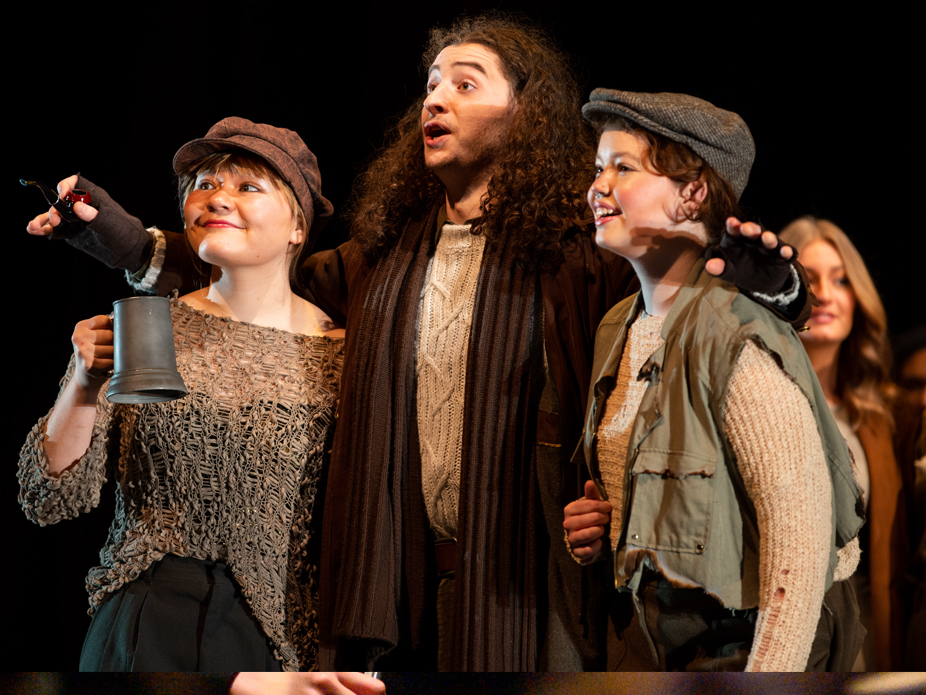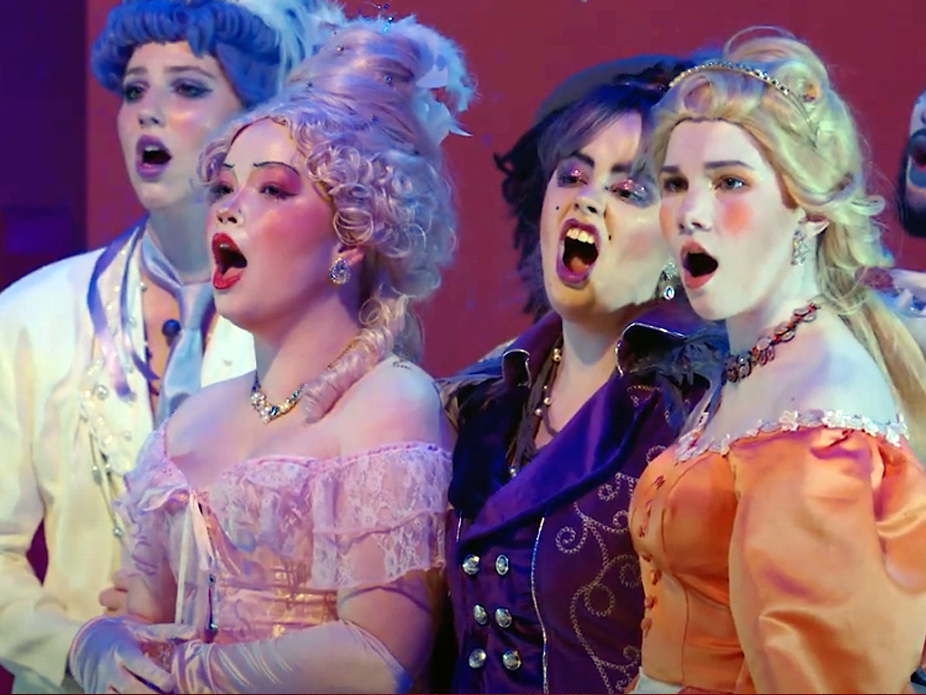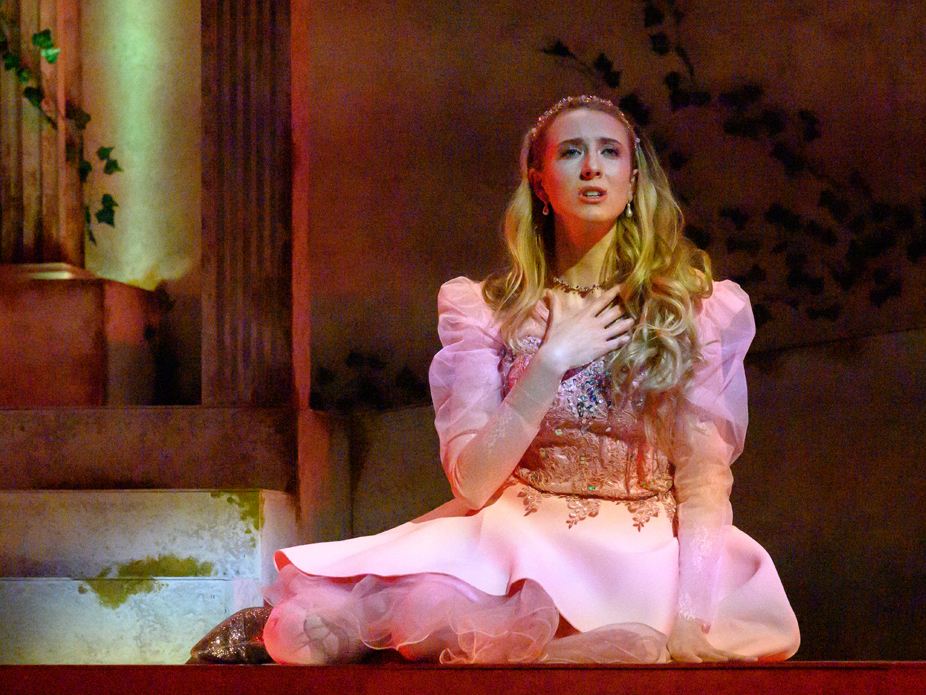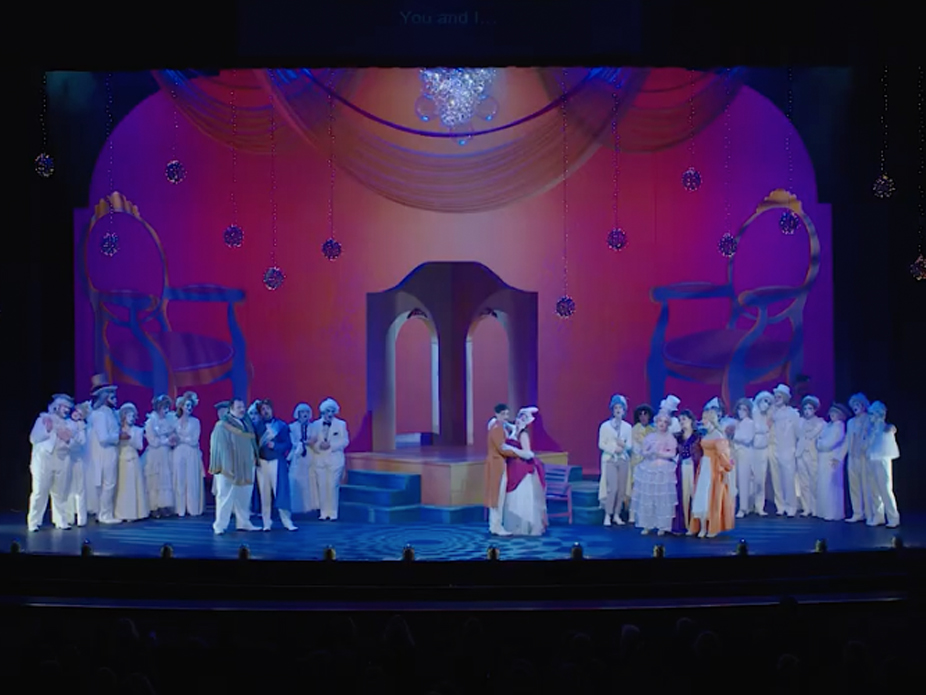College of Charleston Opera
Moving. Enlightening. Unifying.
Joy, love, death, loss, illness, and betrayal are universal. They are all part of the human experience with the joyful triumphs and heart-wrenching tragedies that touch all of us.
These experiences come to life through the captivating artistry of opera.
Opera is an acoustic, visceral art form in which the human voice coupled with music expresses what mere words cannot. It can touch hearts and bring people together across cultural boundaries by expressing the commonality of shared human experience.
As the next generation of opera artists, the College of Charleston Opera ensemble presents three mainstage productions each year, inviting audiences to be moved, enlightened, and unified by the universal language of this profound performing art.
Performances & Pathways
-
Opera Mainstage
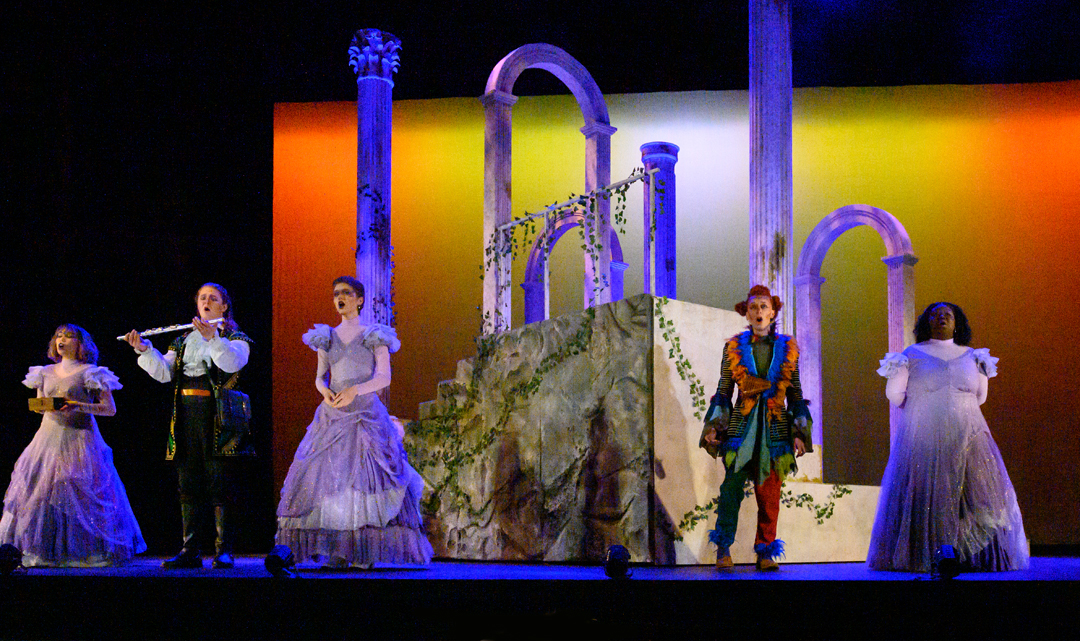
One of the most comprehensive art forms, opera has the power to transform, move and inspire.
A development priority at the College of Charleston, producing fully staged opera provides artistic, professional and cultural opportunities for our students, faculty, and Charleston community.
Since 2018, the College's commitment to annually producing full opera productions has provided a springboard for student performers while continuing the legacy of the performing arts in Charleston.
Under the direction of Saundra DeAthos-Meers and assisted by Amanda Castellone, College of Charleston Opera presents three productions each year. Recent mainstage performances include, Mozart’s Le Nozze di Figaro and Die Zauberflöte, Offenbach's Tales of Hoffman, Strauss's Die Fledermaus, and Giacomo Puccini’s dark comedy Gianni Schicchi.
-
Children's Opera
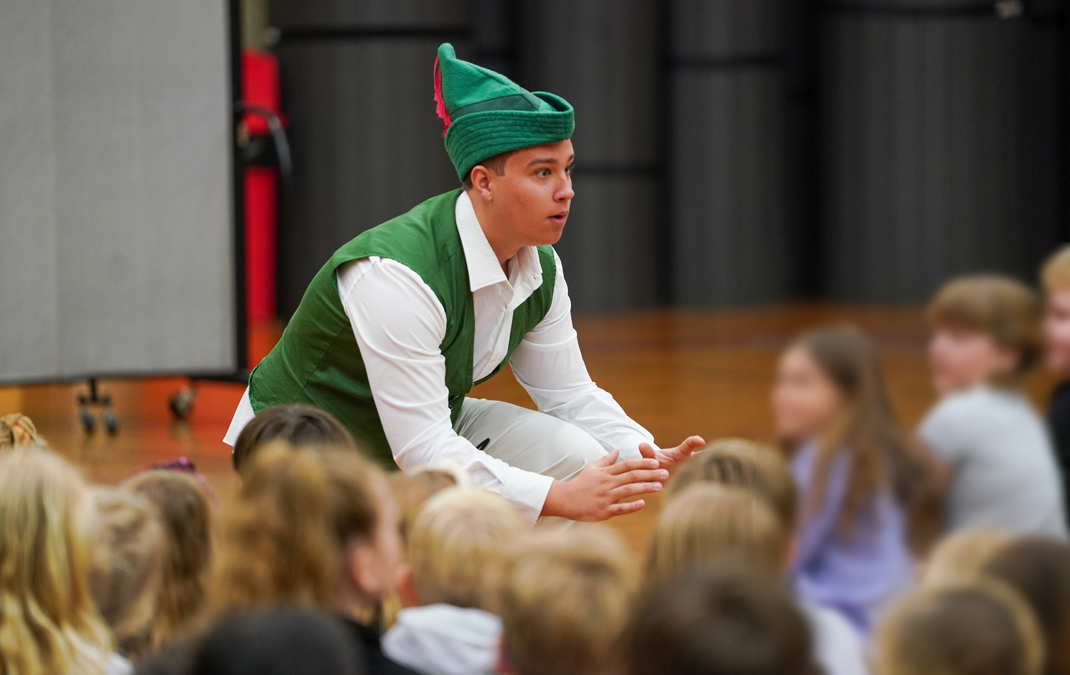
The College of Charleston makes opera more widely accessible through its highly successful children's opera program.
Reaching more than 40,000 students in local schools, our Children’s Opera company performs stories accessible to children (fairy tales, nursery rhymes, etc.) set to great music from the western repertoire.
Our recent tours have featured works from John Davies’ catalogue of “Opera Tales,” including Jack & the Beanstalk and Little Red’s Most Unusual Day, which were set to music by Arthur Sullivan, and Gioachino Rossini/Jacques Offenbach.
College of Charleston Opera is proud to partner with Arts, Etc. to bring Children's Opera to Johns Island and Wadmalaw schools each year. Arts, Etc. is supported by their annual Art and House Tour.
Learn More About Arts, Etc. -
Opera Workshop
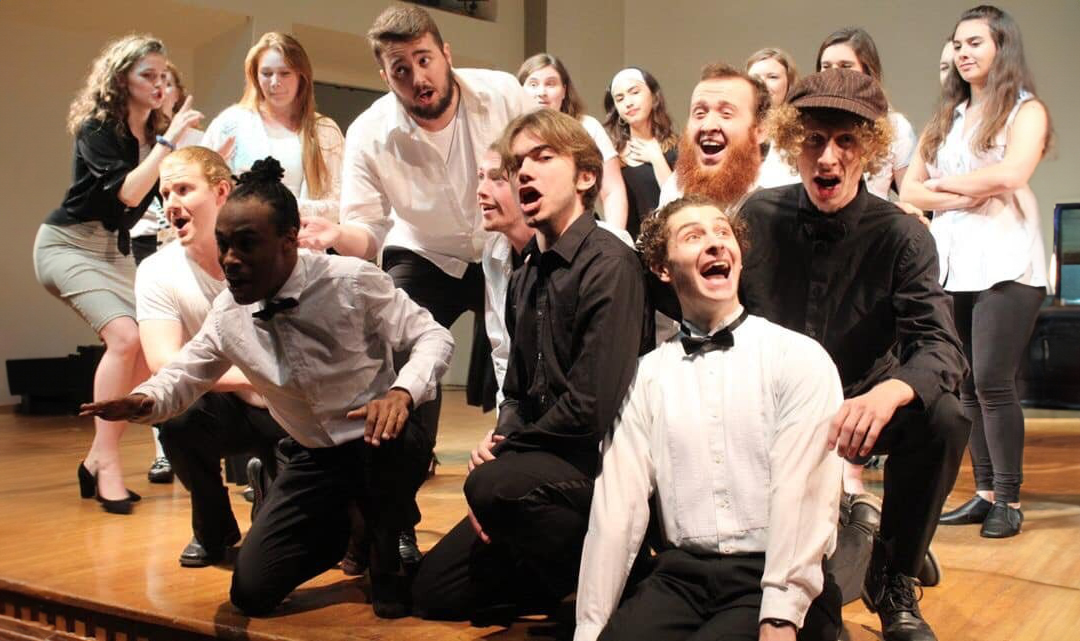
Opera Workshop (MUSC 367) serves as a guide for preparing and studying for an opera (or musical theatre) performance, as well as an opportunity to perform as part of an ensemble.The course features the study and performance of scenes while providing practice in acting through singing. It teaches you how to prepare for a performance as both a soloist and as a member of an ensemble.
The Opera Workshop culminates in an eclectic staged performance, often a scenes program featuring excerpts of operas and musical theatre alike, featuring great choruses, duets, and small ensemble pieces.
-
Post-Baccalaureate Artist in Residence in Opera Performance
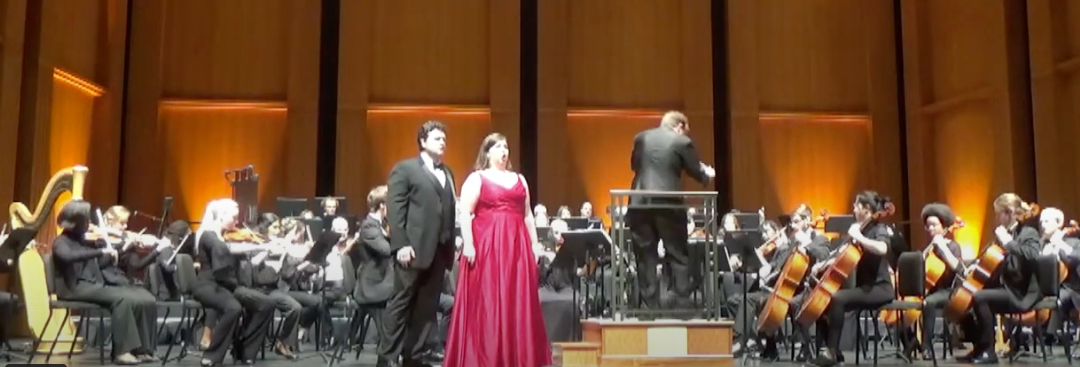
The College of Charleston's Artist in Residency in Performance is a two-year, non-degree, post-baccalaureate program.
In the opera program, candidates are expected to complete various projects and assignments for the benefit of the department while taking on a peer-leadership role in the opera program and demonstrating professionalism for the benefit of the undergraduate students.
In exchange, candidates will have a true conservatory experience with the added benefit of an individualized education.
Learn more: Artist in Residency
